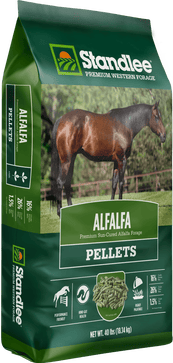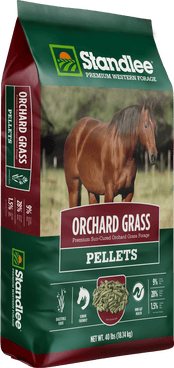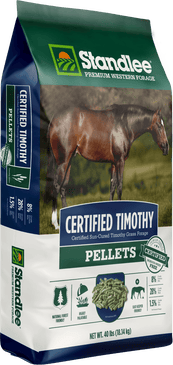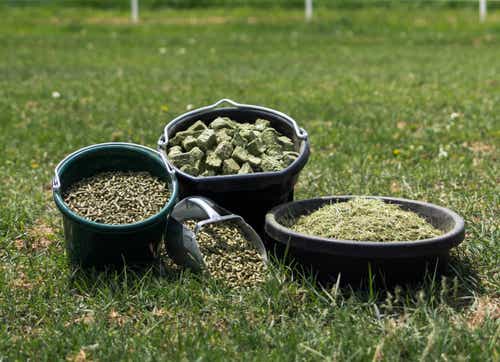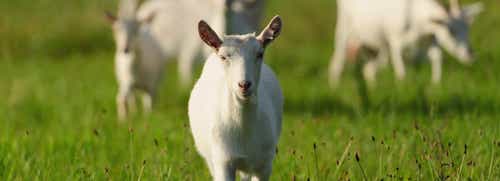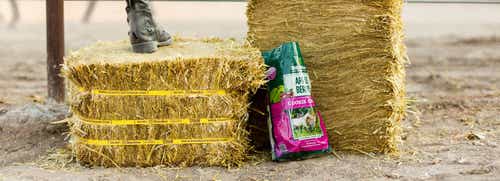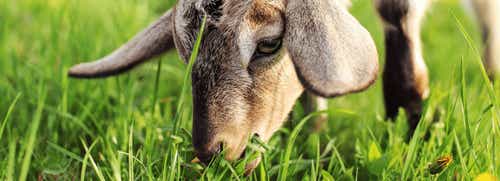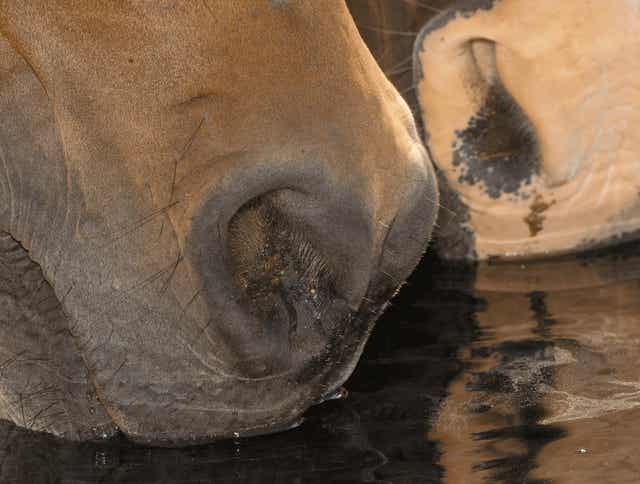
Traveling with your Horse: What about Water?
Many horse owners haul their horses to competitions or to new areas for trail riding in the summer months. By far the most critical aspect of the hauling process is to keep horses adequately hydrated before, during, and following travel.
The water requirement for horses increases in the summer months due to water loss associated with sweating. Horses sweat to help dissipate heat associated with higher summer-time temperatures and heat associated with exercise. At maintenance, horses will drink a minimum of 5 - 15 gallons of water per day depending on size of the horse. Hauling horses can add to the heat load and increase water requirement, since temperatures inside horse trailers, depending on trailer type, ventilation, and insulation, can be 10 - 15 degrees warmer than temperatures outside the trailer. These higher temperatures can cause horses to sweat and may lead to dehydration and heat stress associated with overheating. Signs of dehydration include lack of focus/concentration, fatigue, loss of appetite (both eating and drinking) and elevated body temperature, heart rate and respiration. Simple tests to determine if your horse is dehydrated include upper gum capillary refill time and skin pinch test. Both tests are described further in the SPWF Barn Bulletin - Can You Identify Normal Horse Vital Signs?
Keeping horses properly hydrated during transport begins prior to the horse ever stepping on the trailer. Making sure the horses have free-access to high-quality forage and fresh clean water for 12 hours prior to trailering is essential. The consumption of forage (hay) stimulates water intake. Horses that have been given plenty of forage and access to water will be properly hydrated as they begin the journey. Providing oral electrolytes to horses will also stimulate water intake. Electrolytes should be provided approximately 12 hours prior to departure so horses have plenty of time to drink. Electrolytes should not be provided to horses less than 12 hours prior to transport.
Once on the trailer, horses should be given the opportunity to drink every four hours. Ideally, horses should be unloaded and given the opportunity to consume hay and drink water. Removing the horses from the trailer will help dissipate heat and allow them to relax, facilitating consumption of both hay and water. If possible, the water should be the same water they consume at home. Many trailers are equipped with water storage capacity minimizing the possibility of water refusal due to a foreign taste that often accompanies water from different areas. Often horse owners will attempt to mask the taste of a new water source by flavoring the water with a small amount of a sports drink. If the owner knows in advance that taking water from home is not possible during transport, any flavoring agent should be added to the horse's water for 7 - 10 days at home instead of randomly trying this on a trip.
When the horse arrives at the competition or the riding area, they should be checked for signs of dehydration with either the upper gum capillary refill test or the skin pinch test. If the horse is dehydrated, they should be treated by a veterinarian. If the horse is not dehydrated, they should be provided with fresh forage and water. The grain portion of the diet should be withheld until you have visual assurance the horse has both eaten and drank.
Other methods to reduce the chances of dehydration include:
- Arrange travel in the cooler portion of the day or night
- Increase water intake by soaking the hay in water prior to offering it to the horse both at rest stops and upon arrival
- Improve the quality of forage provided to your horses before and after transport. By feeding better quality alfalfa, orchard grass or other forage the horse will be enticed to consume forage and ultimately consume water.
To learn more about how to Feed a Performance Horse, read this blog. Standlee Premium Western Forage products including alfalfa, orchard grass and timothy will help stimulate forage appetite.
By Dr. Tania Cubitt & Dr. Stephen Duren

